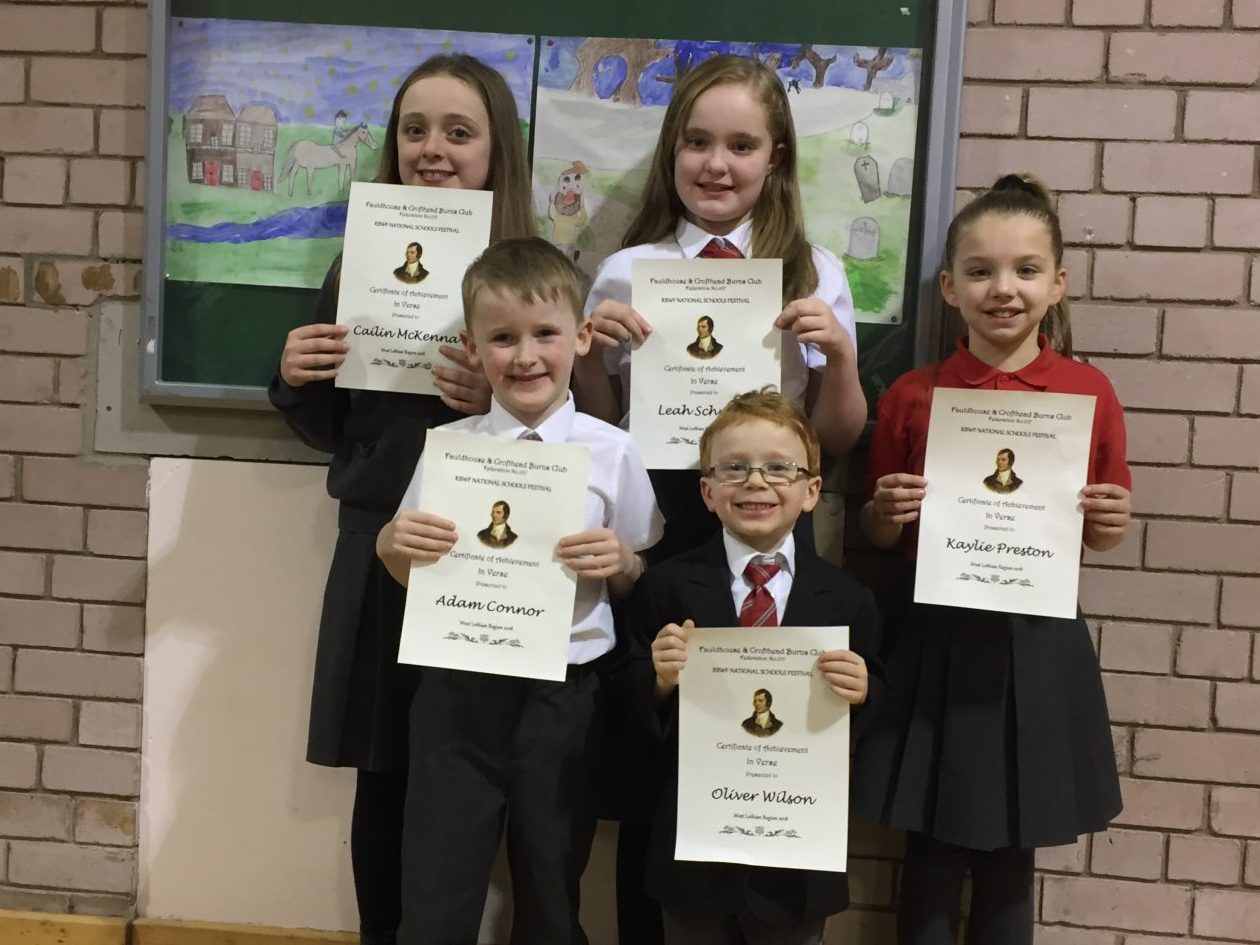Primary 2 have been hard at work recently developing their understanding of 2 digit numbers, as well as working on addition and subtraction skills.
To support this work we have been exploring and using a resource called Numicon.
We learnt that each coloured shape represents a different number, and first of all, we played some games to help us recognise the value of each shape quickly and confidently.
Then we began to use the shapes to help us investigate different ways to make 11, or 14 or 15 etc. This helped us to practise and consolidate the number bonds we had been learning. We also used the Numicon to make larger 2 digit numbers such as 32, 56 or 79.
We were then able to show 10 more than or ten less than, and we could describe clearly what was happening each time.
We have also been very busy on Sumdog, Hit the Button and other games to practise our number skills, and we are keen to take part in the Sumdog competition this week.































































